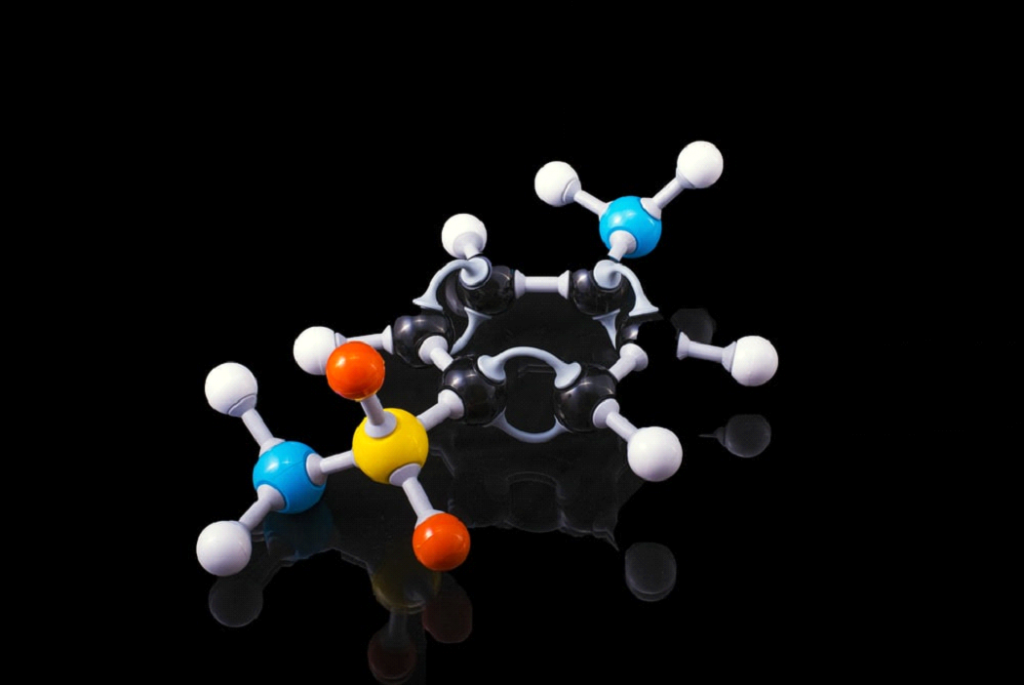
Organic chemistry is a branch of chemistry that focuses on the study of carbon compounds, including hydrocarbons and their derivatives. Carbon is unique in its ability to form a vast array of compounds due to its versatile bonding capabilities. Organic chemistry is of immense importance because it deals with the chemistry of life and the compounds that form the basis of all living organisms. Here are some key aspects and concepts related to organic chemistry:
Carbon Compounds
Carbon is central to organic chemistry because it can form stable covalent bonds with itself and with other elements like hydrogen, oxygen, nitrogen, and halogens. The study of organic compounds includes hydrocarbons (compounds containing only carbon and hydrogen) and various functional groups (atoms or groups of atoms that impart specific properties to organic molecules).
Isomerism
Organic molecules can exist as isomers, compounds with the same molecular formula but different structural arrangements or spatial orientations. Isomerism is a fundamental concept in organic chemistry and plays a significant role in understanding the diversity of organic compounds.
Functional Groups
Functional groups are specific arrangements of atoms within organic molecules that determine their chemical properties and reactivity. Examples include alcohols, aldehydes, ketones, carboxylic acids, and amines.
Nomenclature
Organic chemists use a systematic naming system called IUPAC (International Union of Pure and Applied Chemistry) to assign names to organic compounds. Proper nomenclature is crucial for clear communication within the scientific community.
Reactions and Mechanisms
Organic chemistry involves the study of various types of chemical reactions, including substitution, addition, elimination, and rearrangement reactions. Understanding reaction mechanisms, which describe how reactions occur at the molecular level, is essential for predicting and controlling chemical transformations.
Synthesis and Retrosynthesis
Organic synthesis is the process of creating complex organic compounds from simpler starting materials. Retrosynthesis is the reverse process, breaking down a target molecule into simpler starting materials. Both are critical skills for designing and developing new molecules for pharmaceuticals, materials, and other applications.
Spectroscopy
Spectroscopic techniques, such as infrared (IR), nuclear magnetic resonance (NMR), and mass spectrometry (MS), are essential tools in organic chemistry. They are used to identify and characterize organic compounds, determine their structures, and analyze their properties.
Biochemistry
Organic chemistry intersects with biochemistry, as it is the foundation for understanding the structures and functions of biomolecules like proteins, nucleic acids, lipids, and carbohydrates, which are crucial in biology and the study of life processes.
Applications
Organic chemistry has numerous practical applications, including drug discovery and development, the production of plastics, polymers, and petrochemicals, environmental chemistry, agriculture (pesticides and herbicides), and the development of new materials and technologies.
Green Chemistry
Overall, organic chemistry is a dynamic and essential field that plays a central role in advancing science and technology, addressing global challenges, and enhancing our understanding of the natural world. Its applications extend from the laboratory bench to diverse industries and impact many aspects of our daily lives.
